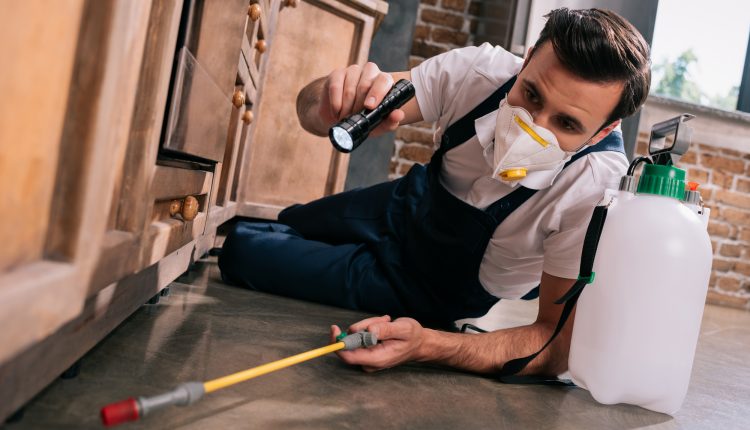Six Steps to Stop Household Water Damage
Water damage is more common than you might think and also more hazardous. It can lead to many undesirable problems. Some common issues are structural damage, irreparable damage to the walls, mold and even contamination of clean water. Similarly, water from flooding can make your home inhabitable and may result in the loss of personal belongings.
Avoiding water damage is essential for your home. You need to take active measures to save your family and your property from water damage. Some of the smart measures you can take are:
1. Check for leaks proactively
Even small leaks can lead to bigger water damage problems in the future. Keep an eye out for a leaking tap or water running down from the sides of a sink. Keep checking any water pipes in the house. Be proactive and take responsibility to keep everything in order. Water built-up over time may lead to mold, unpleasant odours, stains. In some cases it can also lead to damaged wiring.
2. Keep your gutters debris free
Clogged gutters may result in water running from the sides and cause damage to your property. Clogged gutters also lead to instances of damp.
Gutters may get clogged by weeds, leaves or moss. Make sure to get them cleaned routinely and even replace them altogether after a while.
3. Take care of your plumbing system
Taking good care of the pipes is essential for avoiding water damage. This includes protecting them from freezing. Insulate your pipes properly and maintain a temperature of at least 60 degrees at your home.
Also avoid draining grease or oil down the pipes. It may build up and block the pipes disrupting the flow of water.
4. Invest in a sump pump
Basements are the most vulnerable to flooding and any other water damage. A damaged basement leads to a damaged house. It is advisable to install a sump pump and pump the water away from your basement. If you live in areas with a rainy climate, the sump pump becomes even more essential.
Be prepared for an unfortunate event of a big storm or a small flood even. A sump pump can keep your basement and your home dry.
5. Use Water sensors and moisture detection devices
It’s the era of technology so make use of it and make protecting your house easier. Water sensors not only sense water, they can also check for changes in temperature and humidity. This will also warn you of any freezing in the pipes.
Certain water detection devices can detect low moisture levels that may normally go unchecked.
6. Maintain Plants and Trees
Planting trees may seem like a positive thing to do but it’s important to check where they are planted. Tree roots can extend to several feet and wrap around the pipes. Roots can also cause damage to the foundations. Watering the plants too close to your property can also lead to different forms of water damage.
Make sure that trees and plants are at an ample distance from your plumbing.

Comments are closed.